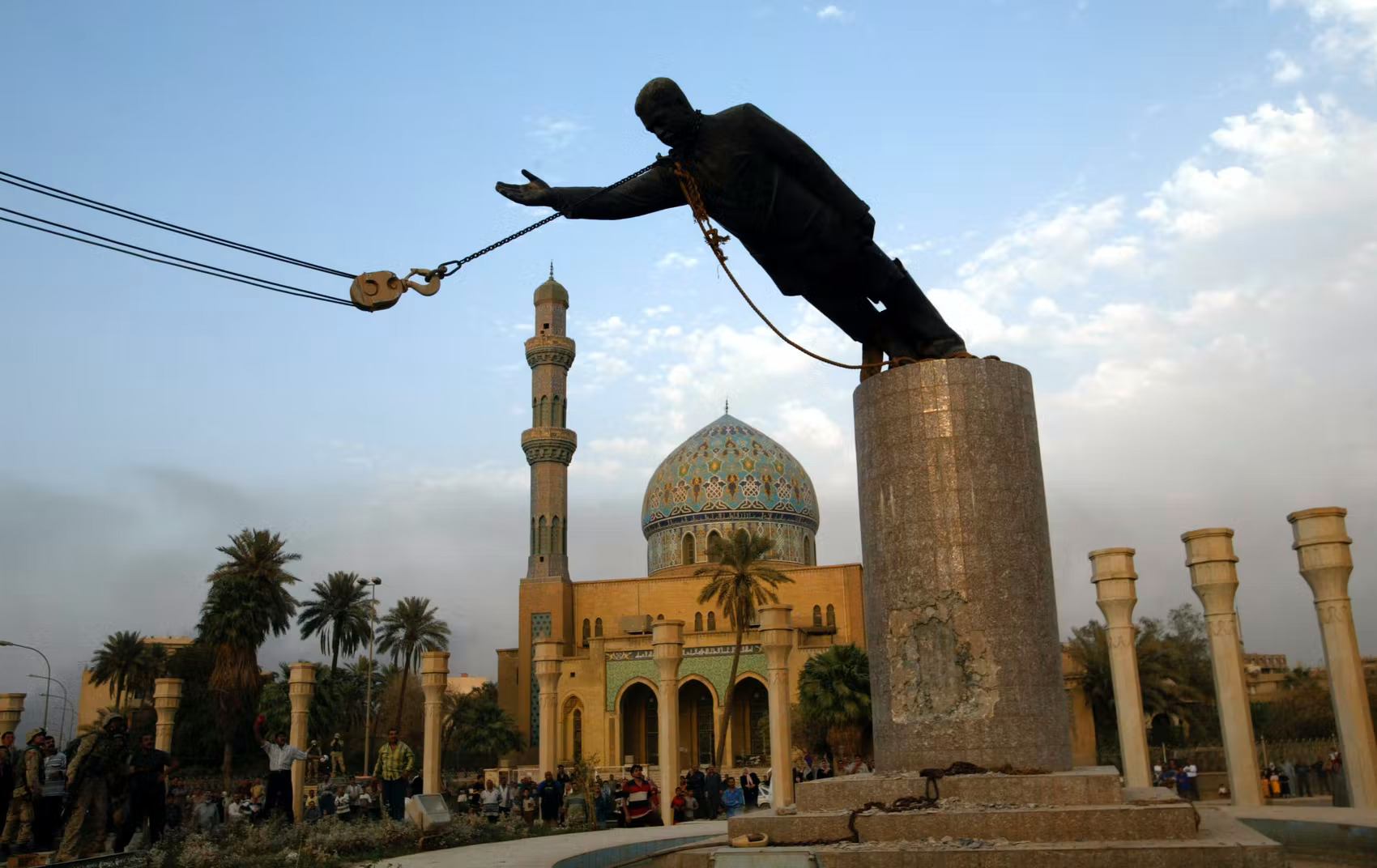 Psychologists call it "attention-seeking behavior." I call it damn annoying. I can't get a moment's peace in my own house because of my kids' boundless energy. All kids have energy compared to us old folks, I know, but with my kids, the spark plugs fire double time.
Psychologists call it "attention-seeking behavior." I call it damn annoying. I can't get a moment's peace in my own house because of my kids' boundless energy. All kids have energy compared to us old folks, I know, but with my kids, the spark plugs fire double time.And of course, they can't just use up their energy interacting with each other, unless it is fighting. They insist on preventing me from doing anything but watching them perform.
Especially my oldest boy (9) . All day long, he insists, "watch this, mom." It is the mantra of the house. Watch him dance, jump, run, stand on his head, whatever. Goofy dances, obnoxious dances - I didn't even know dancing could be obnoxious until I saw him move! Then "Hey mom -" and a silly noise. Burps. Farts. Anything disgusting. Something to elicit a reaction, even just a rolling of the eyes. "Hey mom! Look at this! Look what I did! Look what's on TV! Look at this bug! Look what Youssef barfed up!"
My youngest (5) isn't so good at conversation.
But he is practicing, and practicing, and practicing. After all, practice makes perfect. Typical conversation:
Youssef: Mom, does Barack Obama know what I am doing right now?
Mom: No, he can't see you right now. so he can't know what you are doing.
Y: Where is Barack Obama?
M: He is in the White House.
Y: When can I go to the White House, so Barack Obama will know what I am doing? What day can we go?
M: I don't know, maybe in a year or two.
Y: What day mom? Can we go tomorrow?
M: No, you have school tomorrow.
Y: Which day? Tell me mom. What number -
(Raumsie interrupts)
R: Mom, watch this!! (does a dance)
Y: Stop Raumsie!!!! I was talking!!
R: (Laughing and dancing) Look mom! I'm a spaceman picking up dead bugs! (more weird dancing)
Y: (screeching) Raumsie!! Mom, Raumsie interruppid me! Tell him to stop!!
M: Raumsie, you did interrupt. Please wait your turn.
R: Just look mom. I'm a spaceman...
M: I'll look when Youssef is done.
OK Youssef, go on.
Y: What day can we go to the White House? What number do I have to count to?
M: It will be a long time.
Y: Can we go next week?
M: No, you have school next week, and we don't have airplane tickets. They cost a lot of money.
Y: I have three pennies. Is that enough?
M: No, that's not enough. It needs to be at least a thousand dollars for all of us.
Y: How many pennies is that? Is it three?
M: No it's a lot more than that.
Y: How many? ten?
M: No, probably a million.
Y: What's a million? What number do I count to?
M: A million.
Y: What does probably mean?
M: It means maybe.
Y: What does maybe mean?
M: Youssef, stop asking me questions.
R: (doing another, nearly identical silly dance) Mom, now I'm a robot shooting into outer space...
And so on.
My kids are sweet and lovable, but I thank the heavens above for every moment they sleep!!!












